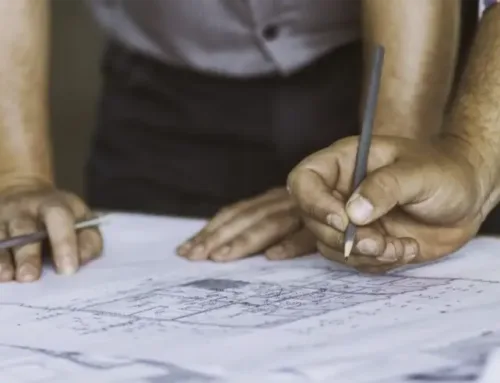American engineer Charles F. Kettering, whose 140 patents included the electric starter, car lighting and ignition systems, once said, “Failures, repeated failures, are finger posts on the road to achievement.”
Becoming comfortable with risk-taking and potential failures is possible–and can lead to growth–but it takes time and effort. We must first determine our personality regarding risk-taking and the acceptance of possible outcomes.
If you have been reprimanded at work for making mistakes, or been fired, you could understandably want to “play it safe” at your next job. But doing so may stifle your potential and leave you unfulfilled.
Breaking “Staying Comfortable” Conditioning
Connecting with a coach and getting feedback on behavior may help you begin the process of identifying anti-risk conditioning and setting goals to break it. This can be accomplished by a program that offers the opportunity for assessments and a development process of weeks or months:
- A strong process includes goal-setting and action-step components
- As you make progress, your confidence will increase as you take calculated risks
- You may also become more accepting of decisions or actions that result in a lack of success
- Ultimately, personal fulfillment and growth will occur as you shift toward a mindset of accepting and learning from all outcomes
When you put yourself in situations with unpredictable outcomes, you embrace and foster skills, obtain the information necessary to succeed, or learn from what went wrong.
How I Was Taught to “Fail Toward Success” at Work
When I was at Michelin, the company challenged high-potential leaders to step into roles they knew very little about. I was selected to complete both group and individual projects in areas that needed transformation. As part of the process, we were encouraged, challenged, evaluated and critiqued.
There was a lot of pressure to get things right. But after the experience, I realized the company planned for and expected failure.
Our supervisors observed how we handled failure. They wanted to see how we used the experience to grow and develop even better outcomes.
While I often felt “over my head,” I found myself stretching, growing and learning. Ultimately, I finished the work with the knowledge that failure was not fatal: I could grow through it and achieve optimal results.
The Importance of Obstacles
Remember learning to ride a bike? You fell, got up, tried again, fell again, etc. But eventually, you gained the independence of getting places on our own.
Of course, at work, failure is often not rewarded. Some leaders do a poor job of teaching through failure. They shut people down, and both the individuals and the organization suffer. Customers suffer as well, not getting the best products or ideas to meet their needs.
A good leader welcomes new ideas—even ones that ultimately don’t work—because every new idea can spark another, better one.
Leaders who accept feedback of all kinds from their teams achieve far more than peers who surround themselves with “yes people.”
- Have you ever been paralyzed by fear?
- How did it feel?
- Was there anything good about it?
- At the time, did you feel you were the best version of yourself?
Many organizations are mired in a culture of fear. This stifles creativity, innovation and the ability to grow and change. In this era of change at the speed of light, we need to be unleashed, and the people around us need to be set free of fear as well.
You were created for so much more than you can imagine. Do not let fear of failure stop you from realizing your true potential.
Schedule time to talk at:
https://rightpathenterprises.com/contact/





